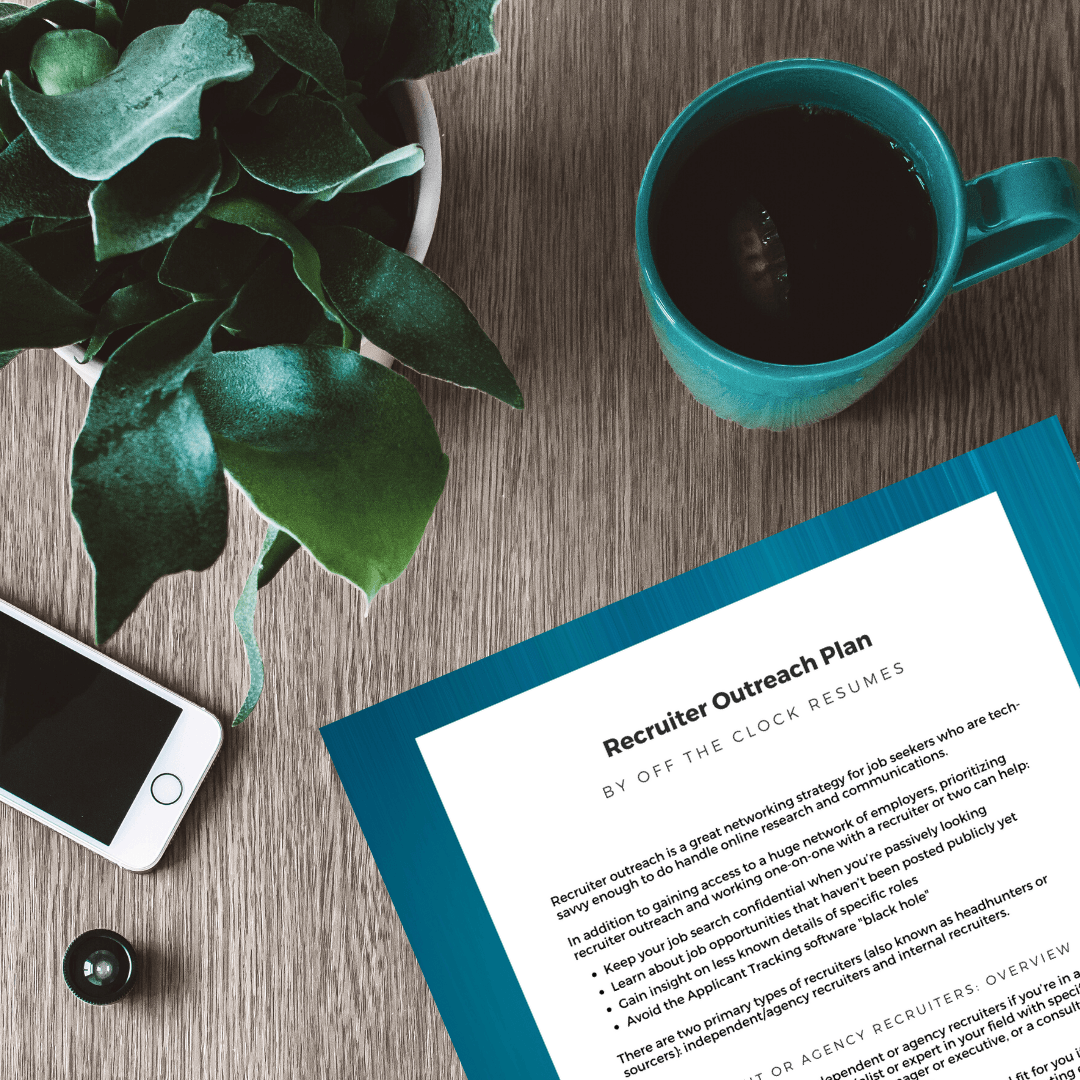
4 Personal Assistant Interview Questions and Answers
Preparing for a personal assistant interview can be quite daunting, especially when you're uncertain about the types of questions that might be asked.
This guide aims to equip you with a deep understanding of typical interview questions, offering practical answers and tips to help you showcase your skills effectively.
Whether you're aiming to impress in your first PA role or looking to step up in your career, these insights will prepare you for success.

This blog contains affiliate links, meaning I may receive a small commission (at no cost to you) if you subscribe or buy something through the links I share. I only share links to products or services that I use myself or absolutely love!
Understand the Role
Before you can effectively answer any interview questions, it’s crucial to have a thorough understanding of the PA role you are applying for. Review the job description thoroughly to make sure you understand what the role entails.
Personal assistants are pivotal in ensuring the smooth operation of their employer’s daily schedule, managing everything from calendar appointments to confidential communications and travel arrangements. They must possess a blend of strong organisational skills, discretion, and the ability to anticipate needs before they arise.
Common Interview Questions and Answers for Personal Assistants
When preparing for a personal assistant interview, familiarising yourself with the common questions asked can be immensely helpful.
These questions are designed to gauge your suitability for the role, testing your:
- Organisational skills
- Ability to handle pressure and stressful situations
- Attention to detail
- Problem-solving skills
- Communication skills
- Interpersonal skills
- Ability to work in a fast-paced environment
Below are some sample questions along with suggested answers using the STAR (Situation, Task, Action, Result) to help you structure your responses effectively.
Competency-Based Questions
These questions assess your skills and abilities through your past experiences. Expect to answer questions like:
How do you manage a heavy workload and prioritise tasks?
Answer:
(Situation) In my previous role as a personal assistant at a busy marketing firm, I was often tasked with managing simultaneous projects with tight deadlines.
(Task) It was crucial to prioritise tasks effectively to ensure the smooth operation of our team's schedule.
(Action) I implemented a digital task management system that allowed me to visualise priorities and deadlines clearly. Each morning, I reviewed the tasks for the day and adjusted priorities based on real-time needs.
(Result) This system improved our team's efficiency by 30% and was later adopted company-wide for all personal assistants.
Can you give an example of a time you had to handle confidential information?
Answer:
(Situation) At my previous job, I was responsible for handling sensitive information, including financial records and personal data of executives.
(Task) Ensuring the confidentiality and security of this information was a top priority.
(Action) I utilised encrypted digital storage solutions and established strict access protocols, which only allowed relevant personnel to access certain information. Additionally, I conducted regular audits to ensure compliance with our privacy policies.
(Result) Through these measures, we successfully avoided any data breaches, and the trust between our executives and their assistants was strengthened, reflecting positively on our department's reliability and professionalism.
Scenario-Based Questions
Employers use these questions to understand how you handle specific situations relevant to the duties of a personal assistant. Examples include:
Describe a situation where you had to organise a last-minute meeting. How did you ensure its success?
Answer:
(Situation) Once, a critical stakeholder unexpectedly visited our office, and a meeting needed to be organised within an hour.
(Task) My task was to coordinate this meeting efficiently without disrupting the existing schedule.
(Action) I quickly rescheduled less urgent appointments, prepared the meeting room, briefed the team, and arranged for all necessary materials and refreshments.
(Result) The meeting went smoothly, and the stakeholder was impressed with our team’s quick responsiveness and professionalism, which strengthened our business relationship.
How would you handle a situation where you have conflicting priorities from different team members?
Answer:
(Situation) In a previous position, I faced a day where the CEO and the CFO both required comprehensive reports by the end of the day, but completing both was unrealistic due to their complexity.
(Task) My goal was to satisfy both executives without compromising the quality of work.
(Action) I communicated openly with both, explaining the situation and suggesting an alternative deadline for one report. I prioritised the report for the CEO as it was needed for an urgent board meeting and arranged extra help to complete the CFO’s report by the next morning.
(Result) Both executives appreciated my transparency and efficiency, and the reports were completed to their satisfaction without compromising the needs of the business.
Understanding these questions and practising your responses will not only make you feel more prepared but also demonstrate to potential employers your capability and thoughtfulness in critical situations.
Model Answers and Tips
Having familiarised yourself with typical interview questions and the STAR technique for structuring responses, let’s delve deeper into perfecting your answers.
This section provides additional guidance and tips to help you articulate your skills and experiences effectively, making a strong impression on potential employers.
Answering with the STAR Technique
Building on the sample answers provided earlier, remember that the STAR technique helps organise your thoughts and communicate your experiences clearly.
For every question, think about a relevant (Situation), define your (Task), explain the (Action) you took, and highlight the (Result). This method not only ensures that your answers are structured but also that they are detailed and relevant to the position.
Highlighting Soft Skills in Your Responses
Soft skills are increasingly recognised as critical components of effective personal assistant roles. In your answers, it is crucial to highlight skills such as communication, time management, problem-solving, and emotional intelligence. These qualities often differentiate candidates in interviews and show that you are well-rounded and adaptable.
Incorporate examples of soft skills in your responses by describing scenarios where your communication led to a successful negotiation or your emotional intelligence helped resolve an office conflict. These real-life examples demonstrate your ability to use these skills effectively in the workplace.
With the insights and strategies discussed in this guide, you are now better equipped to tackle personal assistant interview questions with confidence. Remember, thorough preparation and understanding of the STAR technique, along with an emphasis on your soft skills, are key to demonstrating your value and fit for the role. Practise your answers, refine your approach, and stay focused on showcasing your abilities and experiences that directly align with the needs of the potential employer.
As you prepare for your personal assistant interview, consider the advantage of connecting with specialised recruiters like Tyler Griffen, who understand the nuances of the role. Their PA recruitment expertise in matching candidates with the right opportunities can significantly enhance your job search strategy and increase your chances of landing your ideal position.
Related Articles
-
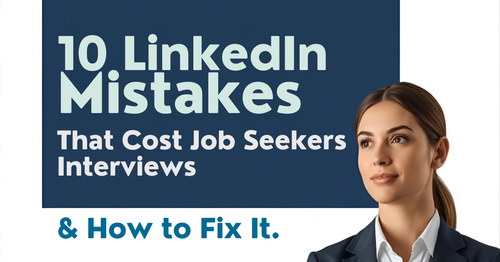
10 LinkedIn Mistakes That Cost Job Seekers Interviews (How to Fix It)
Guest blogger outlines how to avoid these LinkedIn mistakes to drastically improve your chances of being noticed, whether you’re actively job hunting or just trying to grow your professional presence.
-
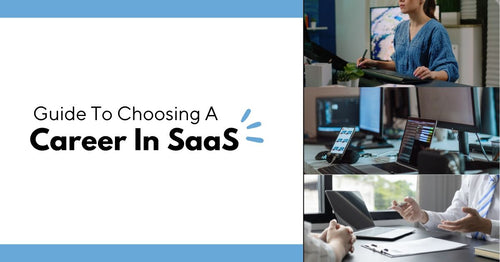
Guide To Choosing A Career In SaaS
Thinking about a career in SaaS? Guest blogger Jacob Wickett shares top roles, key skills, and how to break into this fast-growing industry.
-
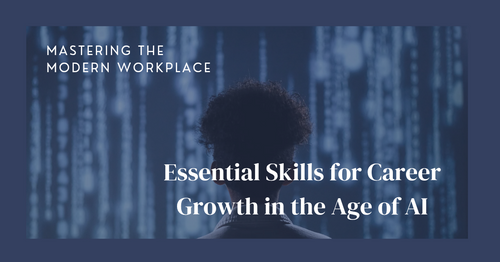
Mastering the Modern Workplace: Essential Skills for Career Growth in the Age of AI
Guest blogger Sadie Smith shares a comprehensive guide to help professionals navigate unprecedented changes driven by technological advancement with confidence.
-

Navigating Your Career Path with a Family Nurse Practitioner Degree Program
Guest blogger Sadie Smith reveals how strategic planning in your healthcare career broadens your impact on patient care and community health.
-

Career Transitions: Navigating Your Path to Success in Healthcare and Beyond
Guest blogger Sadie Smith shares how to leverage your existing skills and experience while pursuing new career opportunities in healthcare and other industries.
-

Breaking Barriers: A Guide to Empowering Women in Manufacturing Leadership
Guest contributor Sadie Smith shares this comprehensive guide on how women can reshape the manufacturing industry landscape with actionable insights.
-

Navigating An Evolving Job Market With Strategies For Success
To thrive in a dynamic job market, you need to continuously adapt your job search strategies. Stay informed and flexible to position yourself for success.
-

Crack Your Dream Company Interview
Guest contributor Nandkishore Rathi shares practical tips, strategies, and insightful advice from career experts to help you shine during written and verbal interviews.
-
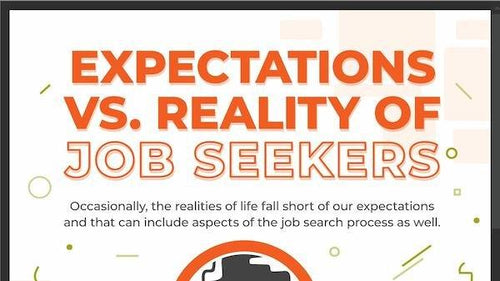
Exploring The Realities Of Job Hunting (Infographic)
Guest contributor Joseph Matalone delves into common expectations in job seeking and the contrasting realities.
-

Don't Panic: 15 Ways To Prepare For A Video Interview
Guest blogger Daniel Boyce with Aware Recruiter delves into 15 actionable steps to prepare you for a stellar video interview experience whether you're a seasoned professional or just stepping into the job market.
-

5 Signs That A Company Values Employee Wellness And Safety
Guest blogger Sharon Feldman shares how asking questions about wellness and safety in your interview could give you insight into a company’s values.
-

Can An Employer Fire You For Being Sick?
Many employers can terminate an employee for falling sick frequently. Guest blogger Natalie Padilla shares all you need to know regarding being fired by an employer.
-

Tips On Building A Positive And Supportive Workplace
Guest blogger Adam Blacksmith shares how to embrace communication, celebrate diversity, and empower your team for success by fostering a positive and supportive workplace culture.
-

AI: Transforming Networking, Interviews, and Careers
Guest Author, Dean Fankhauiser. discusses how AI is revolutionizing networking, interviewing, career planning, and professional advancement.
-

Preparing for Different Interview Formats: Phone, Video, and In-Person
Interview Coach Ellie Hoekman shares specific preparation steps for phone, video, and in-person interviews.
-

Negotiating A Competitive Salary
Guest blogger Rohan Singh shares strategies for negotiating a fair salary that reflects your worth and fulfills your goals.
-

Can My Employer Ask Why I’m Taking A Sick Day?
Guest blogger Samantha Larson shares whether your employer has the right to ask you why you are sick and how much information they are entitled to when you take a sick day at work.
-

The Benefits of Coaching in the Workplace
Guest blogger, William Powell, shares some of the concrete examples of the benefits associated with employee coaching.
-

10 Facts & Stats About Sexual Harassment in the Workplace
Guest blogger Sharon Feldman shares how many people experience harassment every day, including at their place of work, to increase awareness.
-

The Ultimate Temping Guide for Beginners
Guest blogger Auria Heanley with Oriel Partners shares insight into what a temp job is and what to expect in order to make the most of a new job opportunity.
-

High Paying Career Paths After Learning Python
Guest blogger Rose Young with Codebasics.io shares some of the promising career paths you can explore after learning Python programming.
-

How To Ace Your Interview With A Staffing Agency
Guest blogger William Powell shares how to prepare adequately for an interview with a recruiting agency to increase your chances of landing your dream job.
-

How Do You Know When It's Time To Quit Your Job?
Guest blogger Katie Meyers shares when quitting your job is the right thing and how to go about it.
-

5 Things You Need To Know About Job Interviews To Succeed
Guest blogger Marcus Ralph shares 5 tips on what you can do before a job interview to be best prepared to make a solid first impression and land the job.
